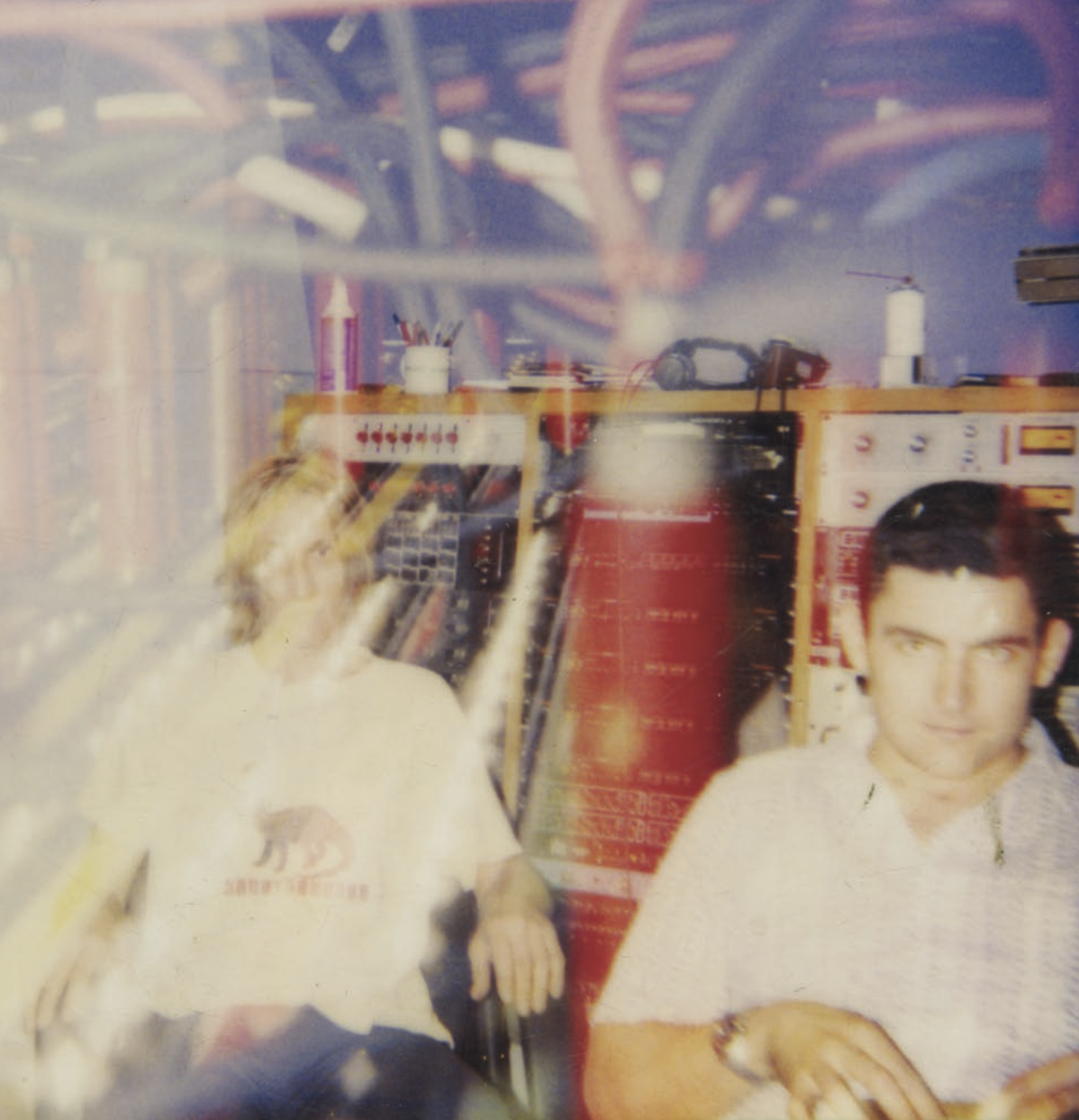Jun 22, 2024
7 pm (doors), 7:30 pm (performance)
Acetone: Night 3, with Susan Alcorn

Brooklyn Music School Theater
Brooklyn, NY 11217
And closing night of a three-night residency with Acetone, the group is preceded by a now too-rare New York visit from pedal-steel virtuoso Susan Alcorn. The Baltimore-based composer and improviser has spent over 40 years expanding the expressive potential of the harmonically rich instrument, channeling as diverse influences as Ornette Coleman's harmolodics, Olivier Messiaen, and Astor Piazzola.
In 1992, three members of the band Spinout—bandmates Richie Lee (1966–2001, bassist), Steve Hadley (drummer), and Mark Lightcap (guitarist)—grew tired of the confines of their college scuzz-rock repertoire, dismissed their lead singer, and anointed themselves Acetone, initiating one of the most fruitful and anomalous musical career arcs of the ’90s alt-rock bubble. Over the ensuing decade, the three spent countless hours in a poolside bedroom practice space hashing out intricate rock jams, released four studio albums and two EPs, and shared stages with 120 Minutes-darlings The Verve, Oasis, and Mazzy Star. The trio charted a highly eclectic and distinctive approach, borrowing freely from secondhand ‘50s vocal groups and ‘70s country, surf rock and Hawaiian slack-key, closet-mix Velvets and Studio One dub, the romanticized Southeast of Stax Records and Big Star, the worn-down Californian sprawl of Lenny Waronker’s roster, and the kosmische expanse of Cluster and Brian Eno. Their sound was somehow familiar but implacable, frenetic and melancholic all at once.
Lee and Lightcap first met on the CalArts campus in Valencia, where the former was a student of Mike Kelley, and the latter studied tuba, gamelan, and the compositional avant-garde. With Lee’s Orange County high school pal Hadley and front man Tom Henry III, they formed the short-lived Crampsian garage-rock outfit Spinout. Their transformation into Acetone was a “process of minimalist reduction and inversion,” suggests Drew Daniel, preserving the raw ethos but trading out any macho posture with half-whispered vocals and lullabic guitar lines. They were able to secure a handsome record deal before they ever stepped foot into a recording studio, resulting in their self-titled debut EP and Cindy (1993), smuggling odes to Steve “The Colonel” Cropper and Ennio Morricone into the post-grunge landscape. Drawn to the high-lonesome allure of country music, they released an EP of covers of the likes of Flying Burrito Brothers and Kris Kristofferson, and allocated their advance on recording If You Only Knew (1995) in Nashville, released just as their label went bust.
The band caught a second wind when they caught the attention of Vapor Records, an upstart label founded by Neil Young and his manager Elliot Roberts in 1995. They released a pair of records, Acetone (1997) and York Blvd. (2000), their construction even more refined, aching, and effortlessly tight. Lee’s always-delicate voice seemed to more and more resemble Chet Baker, Lightcap’s guitar perfectly oscillated between twang and wah, and Hadley’s drumming was always locked-in and deceptively technical. For their final album, the group added Jason Yates on Wurlitzer and Hammond organ to the line-up, nodding to the influence of Booker T. & the M.G.'s and gesturing towards a fuller sound. In 2001, Lee died by suicide, and the band ended.
Since their disbandment, Acetone’s esteem in subterranean record-freak circles has only deepened. Hadley and Lightcap resumed playing music together under the moniker The Ecstasy of Gold, along with Yates and Senon Williams on bass. Acetone’s music was anthologized in Light in the Attic’s 1992 - 2001 (2017) and the recent box-set I’m Still Waiting (New West, 2023). The band was the subject of a book-length character study Hadley Lee Lightcap by writer Sam Sweet. They have reunited in a new formation sporadically, including a sold-out evening at Zebulon, Los Angeles in 2017 and a shared bill with Harumi Hosono at The Barbican, London in 2018.